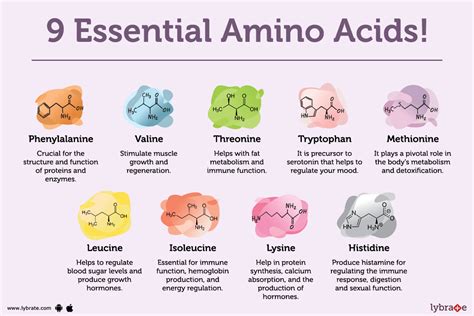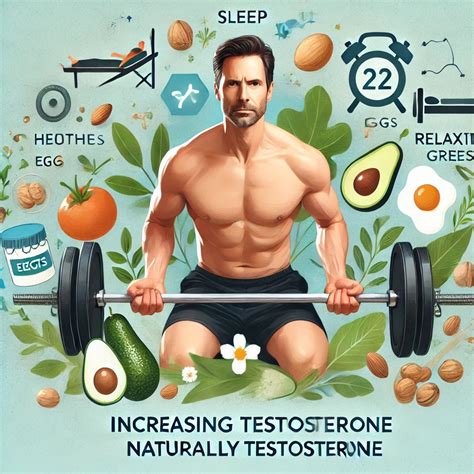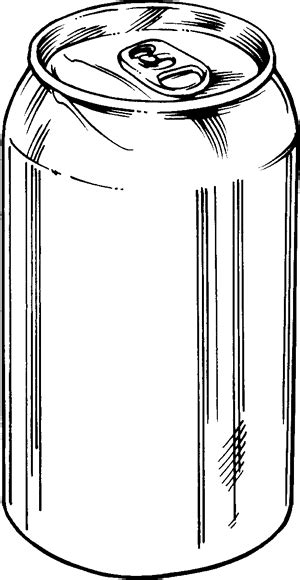What are the primary early warning signs of testicular cancer that men should be aware of?

Understanding Testicular Cancer and Why Early Detection Matters
Testicular cancer is a relatively rare form of cancer, but it is the most common cancer in men aged 15 to 49. While it can be a frightening diagnosis, it is also one of the most treatable cancers, especially when detected early. Awareness of the initial symptoms is paramount, as prompt medical attention significantly improves prognosis and treatment outcomes. Many men are unaware of what to look for, making regular self-examination and knowledge of warning signs critical tools in safeguarding their health.

The Most Common Early Warning Sign: A Lump or Enlargement
The most frequent and often the first sign of testicular cancer is the appearance of a painless lump or swelling in one of the testicles. This lump can vary in size, from a pea-sized nodule to a larger mass. It’s important to note that the lump is usually firm and doesn’t typically cause pain in its early stages. Any new lump or change in the size or shape of a testicle should be investigated by a doctor immediately, even if it doesn’t hurt.
Sometimes, instead of a distinct lump, a man might notice a general enlargement or hardening of a testicle. This change in consistency or size, compared to the other testicle, is also a significant warning sign that requires medical evaluation.

Other Key Symptoms to Watch For
Feeling of Heaviness in the Scrotum
Many men describe a sensation of heaviness or aching in the scrotum, even without a noticeable lump. This feeling can be subtle but persistent and should not be ignored. It may feel like a dull ache or discomfort rather than sharp pain.
Dull Ache in the Abdomen or Groin
Testicular cancer can sometimes cause a dull ache in the lower abdomen or the groin area. This pain is typically not severe but can be constant. It’s often mistaken for other less serious conditions, so it’s vital to consider it in conjunction with other potential symptoms.

Sudden Collection of Fluid in the Scrotum (Hydrocele)
In some cases, a sudden accumulation of fluid around the testicle, known as a hydrocele, can be an indirect sign. While hydroceles are often benign, a new or rapidly developing hydrocele could be an indication of an underlying issue, including cancer.
Pain or Discomfort in a Testicle or the Scrotum
While often painless, some testicular cancers can cause pain or discomfort in the testicle or scrotum itself. This pain might be intermittent or persistent, and it’s essential to differentiate it from acute pain caused by injury or infection.

Less Common, More Advanced Signs
While the above are primary early signs, in more advanced stages or in specific types of testicular cancer, other symptoms might emerge:
- Breast Tenderness or Growth (Gynecomastia): Certain types of testicular cancer can produce hormones that lead to breast tenderness or even growth of breast tissue.
- Back Pain: If the cancer has spread to the lymph nodes in the back, it can cause back pain.
- Shortness of Breath or Chest Pain: If the cancer has spread to the lungs.
The Importance of Self-Examination and Medical Consultation
Regular testicular self-examination (TSE) is a simple, effective way for men to become familiar with the normal feel of their testicles and to notice any changes early. TSE should be performed monthly, ideally after a warm bath or shower when the scrotal skin is relaxed.
If you discover any of these warning signs, no matter how minor they seem, it is crucial to consult a doctor without delay. Do not wait for pain or for symptoms to worsen. Only a medical professional can accurately diagnose the cause of your symptoms through physical examination, ultrasound, and blood tests.

Conclusion
Testicular cancer is highly curable, especially when caught early. Empowering men with knowledge of its primary early warning signs—such as a lump, heaviness, or ache—is key to early detection. Prioritizing regular self-checks and seeking immediate medical advice for any suspicious changes are vital steps every man can take to protect his health and ensure the best possible outcomes.







